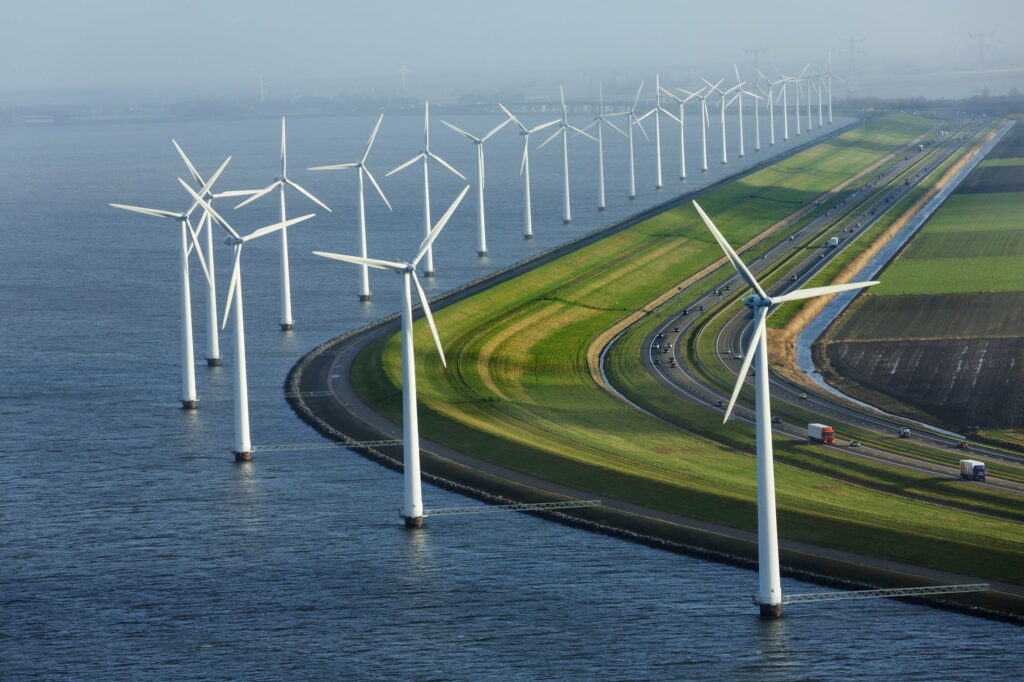When looking at clean energy expansion and the drive toward a sustainable future, it makes sense to start with the big picture. After all, one can easily get lost in the myriad of bit pieces. But the micro is important, too, and there’s a universe of innovation happening in the private sector: small start-ups that are filling niches in the sustainable economy (like Tesla once did.) An annual competition organized by the German Energy Agency’s Start-Up Energy Transition reflects the private sector’s advances on the countless parts of the larger Energiewende.

